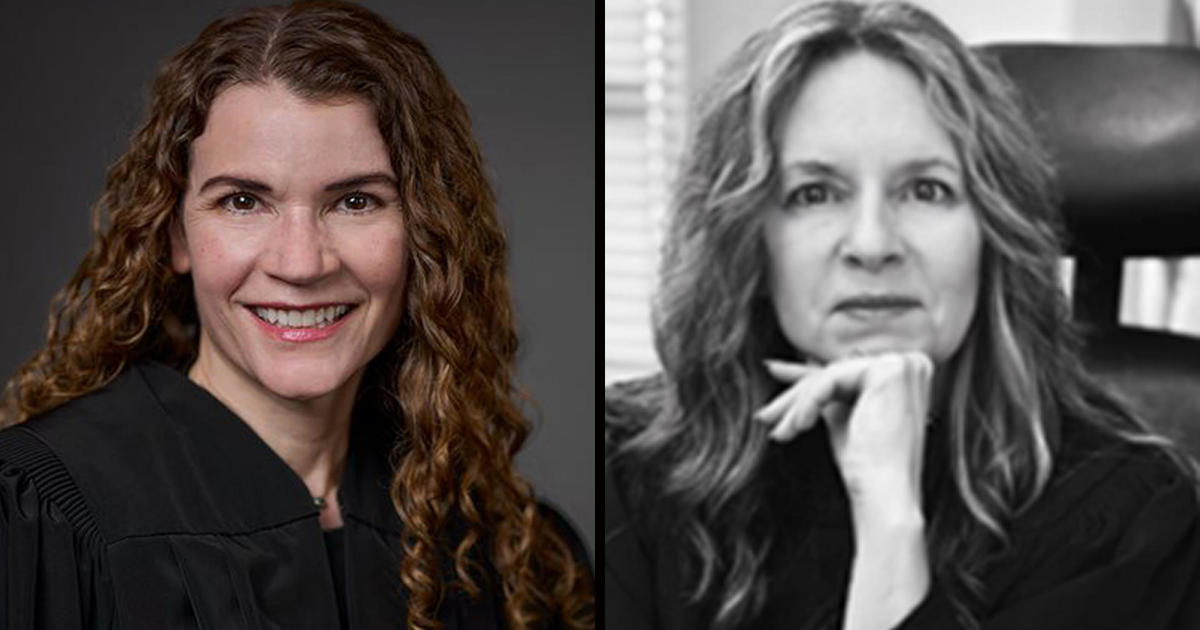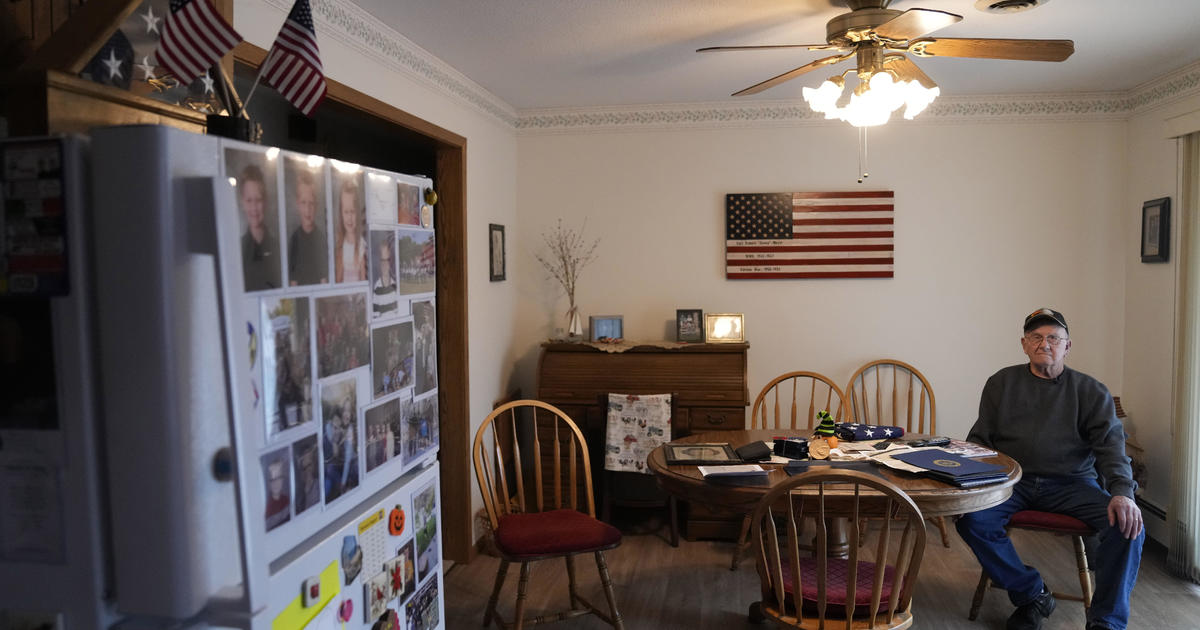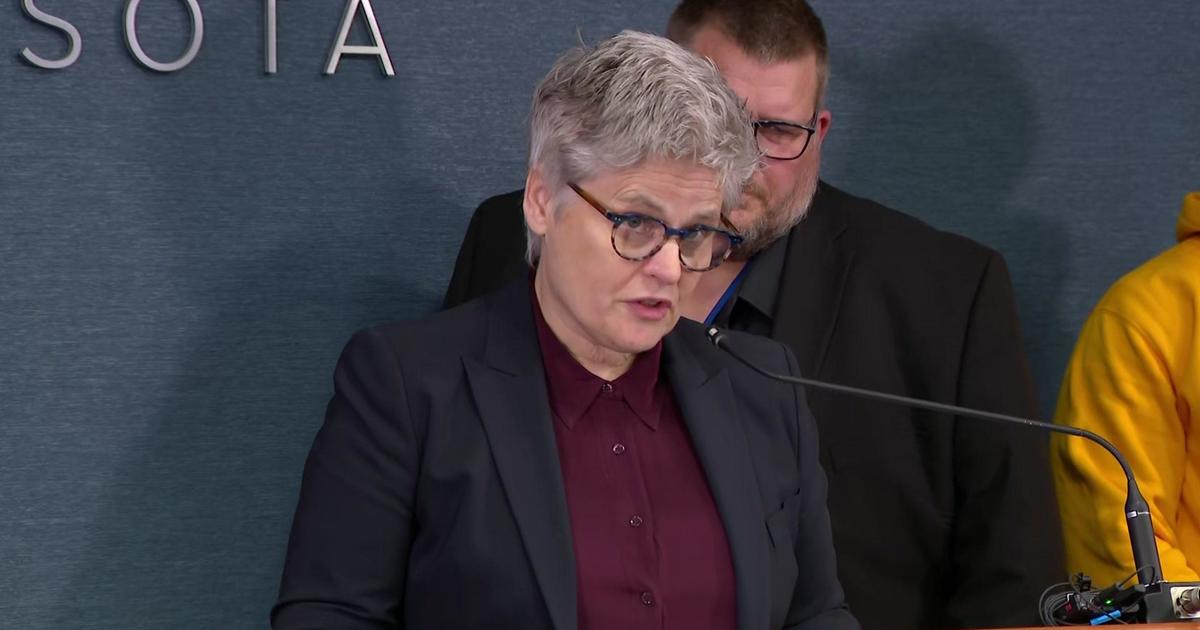Minnesota Supreme Court Weighs Future Of Board Of Pardons' Decision-Making
MINNEAPOLIS (WCCO) -- The Minnesota Supreme Court on Wednesday heard arguments in a case challenging the Board of Pardons' unanimous decision-making authority that was set by law more than a century ago.
The high court will decide whether to let stand a Ramsey County district judge's decision that requiring all three members of the board to agree on granting pardons and commutations is unconstitutional because the language says the governor works "in conjunction with" the board of which he is a part.
"Contradicting the Constitution and this court's precedent, the governor's power has been greatly diminished," said Andy Crowder, attorney for Amreya Shefa, who sued after she unsuccessfully sought a pardon last year. "The district court was right to conclude that language empowering the governor—constitutional language—can not be ignored."
Reshaping how the board can grant pardons and commutations could increase their frequency. Right now, they are rare: just this year the board granted its first full pardon in close to four decades.
Gov. Tim Walz sided with Shefa in the case. Attorneys for Chief Justice Lorie Skerven Gildea and Attorney General Keith Ellison argued the lower court ruling should be reversed because the constitution gives the legislature the authority to set the rules about the board's powers—and the process lawmakers chose to implement is a decision by unanimous vote.
Pete Farrell, counsel for Ellison, pointed to the origins of the current constitutional text, which was passed by voters as an amendment in 1896 to put a check on the governor's power.
He also said that he believes the legislature could pass a law requiring for 2-1 pardon votes. Both a unanimous is still consistent with the constitution's text, he said.
"The language is flexible and it gives the legislature the discretion to determine how the board members are going to vote," Farrell said.
Shefa was convicted of manslaughter in the stabbing death of her abusive husband in 2013. Her request to the Board of Pardons last year was denied on a 2-1 vote with Walz and Ellison supporting clemency, while Minnesota Supreme Court Chief Justice Lorie Skjerven Gildea dissented.
Crowder, her attorney, said Shefa's conviction threatens "continued detention, deportation, and even death" by her husband's family in Ethiopia who have said they will avenge his killing should she return, according to court documents.
"We need easy access to executive mercy so that those unfortunate guilty may know justice," Crowder told the court. "Amreya Shefa is one of these unfortunate guilty. She suffered unimaginable violence."
It's unclear when there will be a decision from the court, but amid the legal fight the Minnesota Board of Pardons has postponed its previously scheduled meeting for June until further notice.



